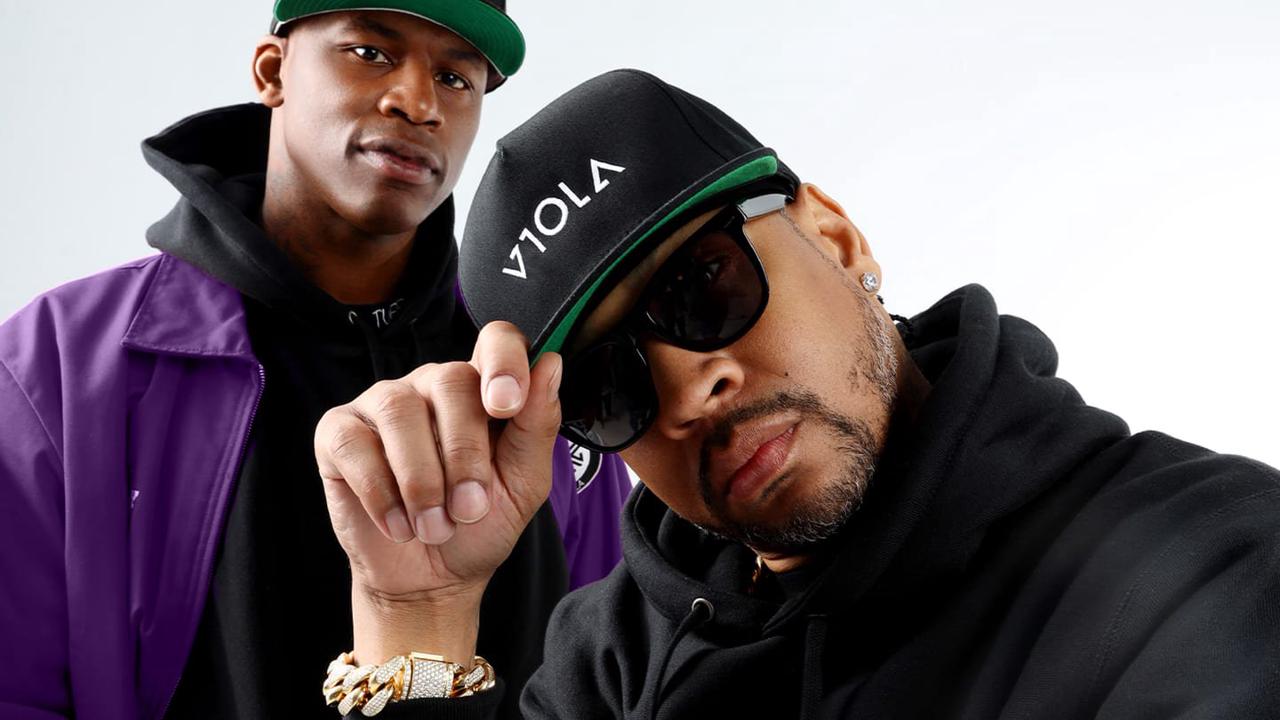California voters made the decision on Tuesday to bring down the scourge of marijuana prohibition, once and for all. It is a move that comes with national implications, perhaps the first major stone in the road to legalizing the leaf for the entire nation.
The passing of Proposition 64 will lead to the establishment of the largest recreational marijuana market in the United States – one that allows adults 21 and over to purchase up to an ounce of retail cannabis from dispensaries all over the state. The new law also gives adult residents the immediate freedom to cultivate up to six plants at home for personal use.
Unfortunately, it could take up to a year before the rules are put into place for the launching of the recreational sector. The state has until the beginning of 2018 to start issuing those licenses.
California is expected to see an additional $1 billion in tax revenue from the sale of recreational marijuana. The new industry could also lend to the creation of more than 100,000 new jobs.
National cannabis advocacy groups say the passing of Proposition 64 is one of the biggest victories the country has ever experienced in the grand scheme of ending the war on weed.
"This is the most important moment in the history of the marijuana legalization movement,” Tom Angell, chairman of the Marijuana Majority, told MERRY JANE in a statement. “California is the sixth-largest economy in the world and is hugely culturally influential. Most importantly, this vote will dramatically accelerate the end of federal marijuana prohibition.”
Lieutenant Governor Gavin Newsom, who was considered the spokesperson for the “Yes on 64” campaign, concurs with Angell’s sentiment. He told the Los Angeles Times on Tuesday night that he believes California’s willingness to legalize marijuana for recreational use is “the beginning of the end of the war on marijuana in the United States.”
It should be noted that the passing of Proposition 64 was not just a fluke. Almost all of the other states with recreational marijuana initiatives on the ballot, including Maine, Massachusetts and Nevada, were approved, as well. This is not surprising, especially considering that some of the latest national polls show 60 percent of the American population now supports legalizing weed in a manner similar to the alcohol industry.
So far, Congress has not represented the voice of the people when it comes to the reform of marijuana laws. However, in a recent interview with HBO’s Real Time with Bill Maher, President Obama said if every state with a marijuana issue on the ballot passes, federal marijuana enforcement would not longer be “tenable” in some parts of the United States.
President elect Donald Trump has said throughout his campaign that he believes the legalization of marijuana should be left up to the states, so it is doubtful that he will step in an try to hinder progress.











